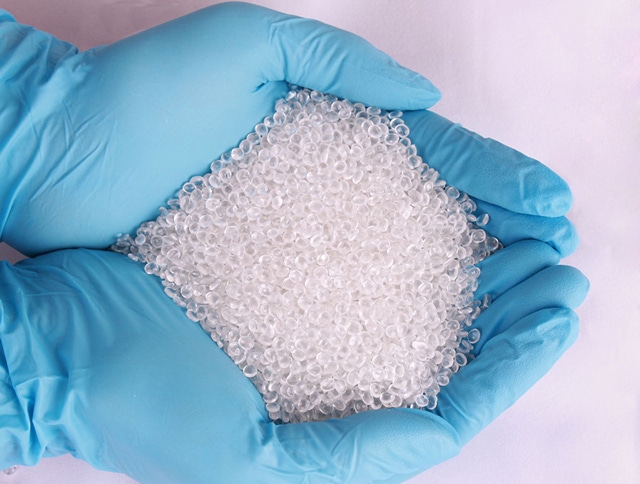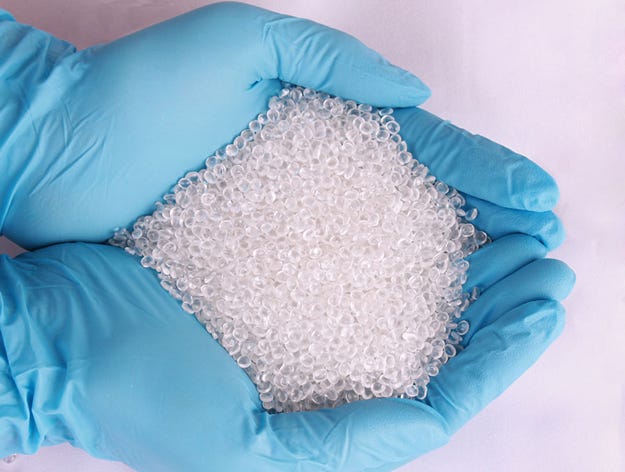Biomaterials developer Proxy Biomedical (Galway, Ireland) announced today the release of ProTEX Med polypropylene (PP) resin, a custom synthesized resin for medical implantable use. The material is available exclusively for Proxy Biomedical partners, and can be provided as a textile component, subassembly or finished device.
April 14, 2015

Biomaterials developer Proxy Biomedical (Galway, Ireland) announced today the release of ProTEX Med polypropylene (PP) resin, a custom synthesized resin for medical implantable use. The material is available exclusively for Proxy Biomedical partners, and can be provided as a textile component, subassembly or finished device.
ProTEX Med is certified to technical specifications and ISO 10993-5 (cytotoxicity), with proven equivalency to currently implanted polypropylene grades. The material has undergone comprehensive testing and characterization performed in resin, fiber and mesh forms to demonstrate physical, chemical and biocompatibility equivalency, according to Proxy Biomedical. A file registration for ProTEX Med is in place, with a unique FDA Device Master File reference, available to resin users in support of associated product qualification.
Qualification of devices with the material for long-term implantation is undertaken by the device owners themselves, with the assurance that the constituent material is not contra-indicated for long term human implantation.

"There are serious concerns about companies implanting textiles that are not composed of materials sourced specifically for medical applications," said Caitriona Conneely, QA & RA Manager in a news release. "Proxy Biomedical aims to address these concerns with ProTEX Med polypropylene resin. At Proxy Biomedical, we believe strongly in traceability, accountability, quality, consistency and safety of supply chain, from initial precursor substances to final materials production. ProTEX Med reduces the risks associated with a contraindicated resin, overcoming issues related to material regulatory compliance, while ensuring security and continuity of the supply chain," added Conneely.
Proxy Biomedical has extensive expertise in homopolymers and compounds of both resorbable and nonresorbable materials, along with their respective characteristics, including mechanical performance, degradation profile and biocompatibility. Proxy Biomedical can also offer a custom synthesization service for partners looking for an exact match to specific polypropylene resin grades used in existing products. The service includes comprehensive testing and characterization to demonstrate physical, chemical and biocompatibility equivalency in resin, fiber and processed textile forms. This approach addresses material regulatory compliance for existing products, while ensuring long term security of supply.
Proxy Biomedical will be present at the first World Conference on Abdominal Wall Hernia Surgery taking place April 25 to 29, 2015, in Milan, Italy, to answer any questions about the product.
About the Author(s)
You May Also Like


